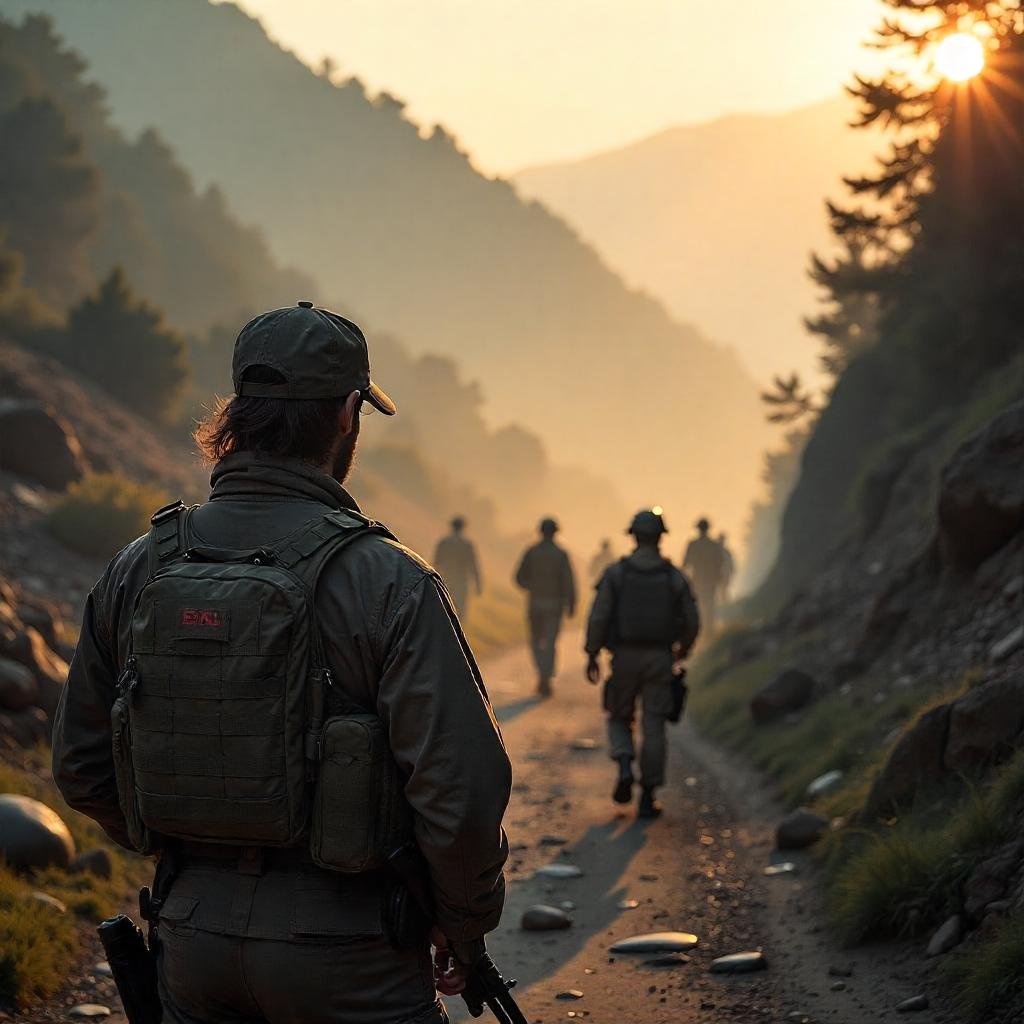The Pahalgam Attack, US Diplomacy, and the Message of a New India
Global diplomatic repercussions, some more delicate than others, have started to emerge in the wake of the recent terror incident in Pahalgam Attack, Jammu & Kashmir, which killed a number of Indian security officers and civilians.
The US President’s attempt to claim credit for “easing tensions” between India and Pakistan has garnered significant notice among the commentators. The President implied that American diplomacy had stopped a potential escalation between the two nuclear neighbours by claiming that the White House had played a “quiet but pivotal role” in defusing the aftermath of the attack in a remark that immediately garnered media attention.
In the modern world, particularly in India, these assertions are not uncontested. And they’re definitely not overlooked.
A Global Disgrace? Pahalgam Attack
The US President’s comments have mostly been seen by the world community, especially in South Asia, as tone deaf and, in some places, even as a diplomatic blunder. It has been swiftly pointed out by analysts and commentators on various media platforms in India and overseas: a country recovering from a terror Pahalgam attack doesn’t need a pat on the back from a far-off superpower. It requires respect for its sovereignty, empathy, and unity.
This is not the Cold War era, when Washington power elites could arbitrate international conflicts remotely and hope for praise. The India of 2025 is not satisfied with being the focus of chess games involving foreign policy. India has changed; it is now bold, strategic, and acutely aware of its position in the world.
Not the India of Old
In the past, India could have responded to such remarks with a balanced diplomatic approach or perhaps with silence. That period of time has over.
India in the modern era does not wait for the global north to shape its history. It doesn’t depend on other countries to support its national security issues or mediate disputes in its local community. When the lives of its citizens are on the line, it politely or otherwise rejects uninvited credit-taking.
As some detractors have attempted to claim in the wake of India’s forceful response to the attack, the notion that it acts without thought is, at best, inaccurate. Rather from being motivated by short-term optics, the Indian government’s responses in recent years have been planned, calculating, and increasingly motivated by long-term geopolitical objectives.
This isn’t being impetuous. Clarity is this, Pahalgam Attack.
The Changing Role of the US
The US has positioned itself as a world peacemaker for decades, and in many cases, with good reason. But any claim of mediation must be handled quite delicately when it comes to South Asia, particularly the complex dynamics between India and Pakistan.
The US President may have misjudged America’s changing role in a region claiming its independence by stepping in to claim a diplomatic win behind the scenes. India is trying to gain respect for its own regional leadership, not a referee.
Indian officials responded in a cautious but forceful manner. They underlined India’s dedication to counterterrorism, regional stability, and its sovereign right to defend its citizens without directly answering the President’s statement. The message was unmistakable: India’s story does not require outside intervention.
A Wake-Up Call in Diplomacy
This incident exposes a larger change in international diplomacy rather than merely a fault in one leader’s statements. Countries like Brazil, Indonesia, India, and others no longer want to be “managed” by more established nations. Their own path is being shaped by them.
In India’s case, that route is being forged by a combination of aggressive foreign policy, technological ambition, and pressing domestic issues. India is far from ideal, really. Its economy, democracy, and security system are constantly being put to the test. However, it is a nation that thinks—possibly not always calmly or traditionally—but with an eye towards the future of the nation and its place in the world.
Final Thoughts
India suffered during the Pahalgam Attack terror incident. Not a press briefing on who saved the day, but international backing was what it deserved. India’s rebuttal to that narrative was both essential and justified.
The world is witnessing the emergence of a new India that speaks, listens, and behaves according to its own rules. If Washington and others can learn anything from this, it is that India today does not require a voice-over. It can completely convey its own story.

[…] The Pahalgam Attack, US Diplomacy, and the Message of a New India […]
[…] The Pahalgam Attack, US Diplomacy, and the Message of a New India […]
[…] The Pahalgam Attack, US Diplomacy, and the Message of a New India […]